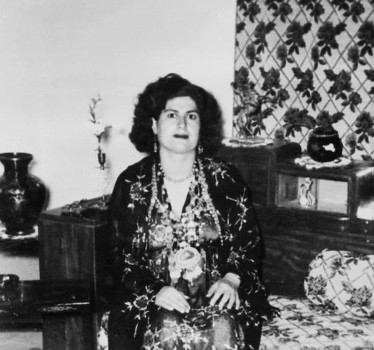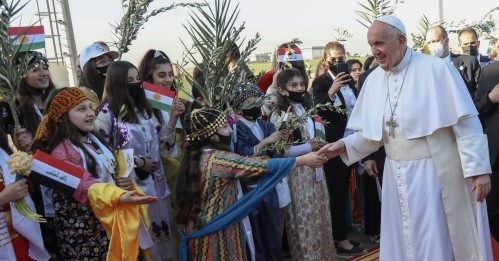With the fall of Bashar al-Assad on December 8, 2024, new hope has arisen for the Kurdish people in Syria. Historically, Kurdistan, which was under the rule of the Ottoman Empire, was divided into the states of Iraq, Syria, and Turkey after World War I under the framework established by the secret 1916 Sykes-Picot Agreement between the British and French.
For over a century, the Kurds have fought for their rights, both within each country and across borders, using methods ranging from guerrilla warfare to civil and cultural resistance. President Masoud Barzani, leader of the Kurdistan Democratic Party and a central figure in the Kurdistan Region for over fifty years, emphasized at the American University of Kurdistan in November 2024 that “after World War I, the re-division of the region was imposed on all nations – Arabs, Kurds, Turks, Persians alike. But it was the Kurds who suffered the greatest oppression and setbacks.”
President Barzani continued, reflecting on the long struggle of the Kurdish people: “For 100 years, the existence of the Kurdish nation was denied. The Kurds resisted, but neither was their existence acknowledged nor could they change this reality. What does this tell us?” He urged, “We must think about a peaceful and respectful solution – a brotherly approach, rooted in mutual respect and acceptance, is the right way forward.”
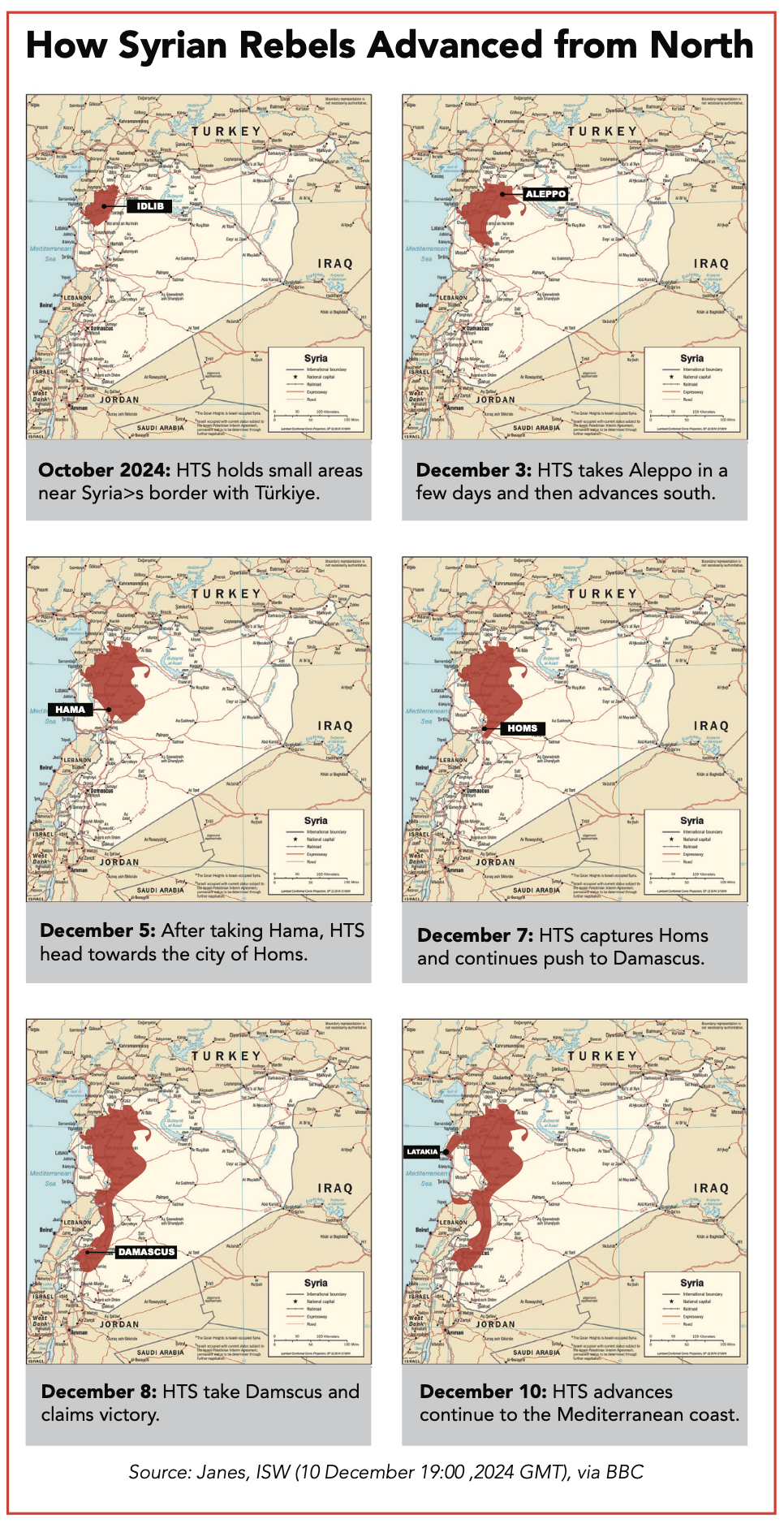
A new era for Syria
Following Assad’s downfall, the Kurdistan Regional Government (KRG) has expressed hopes for peace and stability in Syria, stressing that any future solution should benefit all of Syria’s diverse communities and promote coexistence, peace, and stability.
In a video message, Syria’s de facto leader Ahmad al-Sharaa affirmed that “the Kurds are part of our country and have faced oppression just like us. With the regime gone, they will receive their rights according to the law. We hope a new future begins for the Kurdish people.”
President Barzani welcomed this statement, declaring that “we welcome this vision for the Kurds and the future of Syria. This is an opportunity to correct historical wrongs done to the Kurdish people in Syria.” He added, “This view will help build a stronger Syria, and all communities – Kurds, Arabs, and others – should seize this opportunity to participate in the establishment of a stable, free, and democratic Syria.”
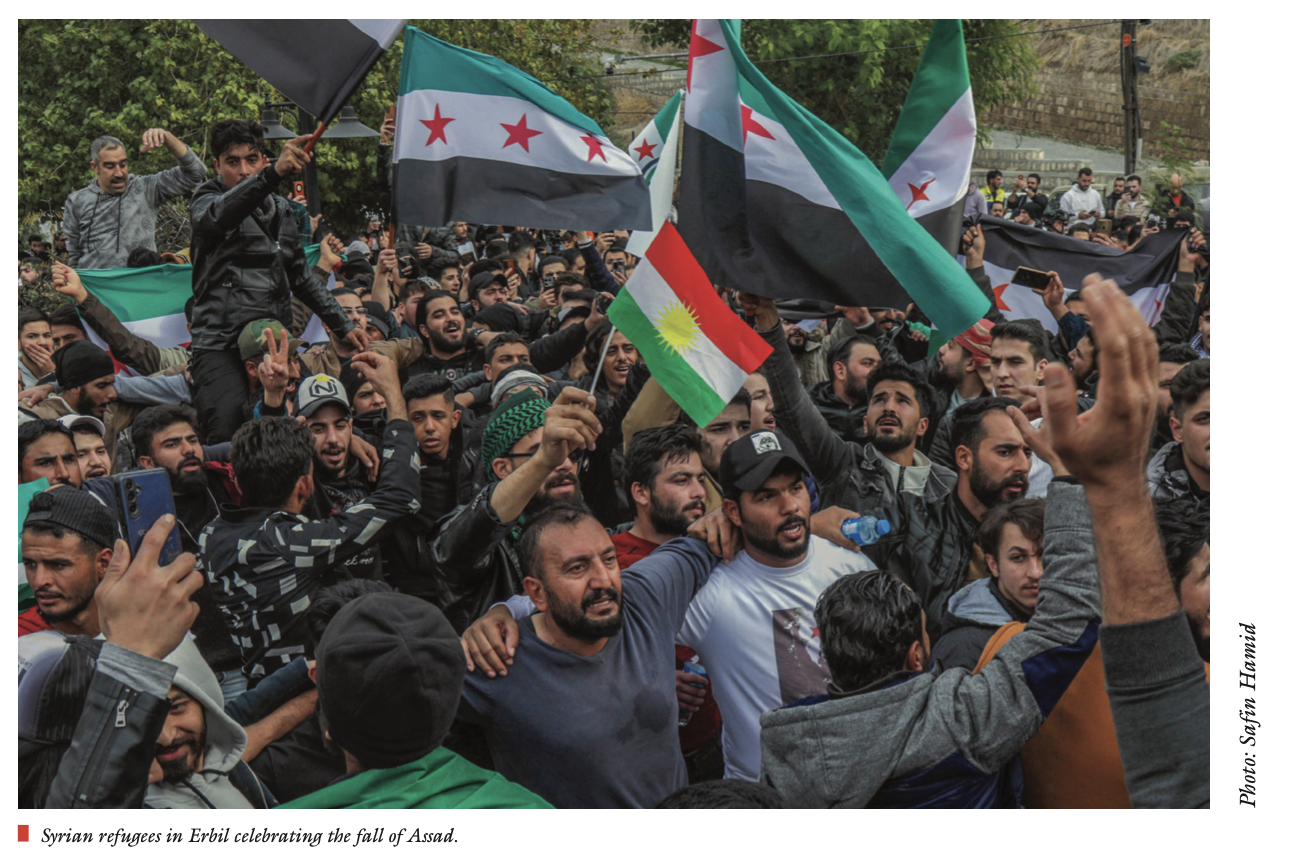
The Kurdish population in Syria
Kurds are Syria’s second-largest ethnic group, constituting roughly 10% of the population. They are primarily located in the Al-Hasakah and Aleppo governorates, but are also spread across parts of the Latakia and Damascus governorates and the Kurd Mountains.
Throughout the 20th century, after the creation of the Syrian states by Western colonial powers, Kurds faced systemic oppression, including Arabization policies that aimed to displace Kurds and change the demographic makeup of the country. Kurdish language was banned in schools, and many Kurds were stripped of Syrian citizenship, effectively rendering them stateless.
The Kurds have long struggled for their rights, with significant uprisings like those in Qamishli in 2004 being violently suppressed. Amid the 2011 uprisings and the subsequent Syrian revolution, Kurds played a pivotal role, managing to control up to 40% of the country. The Kurdish forces, particularly the Syrian Democratic Forces (SDF), were instrumental in the fight against ISIS in coordination with the international coalition.
However, political freedom was severely restricted under the Kurdish-led administration in SDF-controlled territories. Many Kurds were forced to flee to the Kurdistan Region due to the lack of political space.
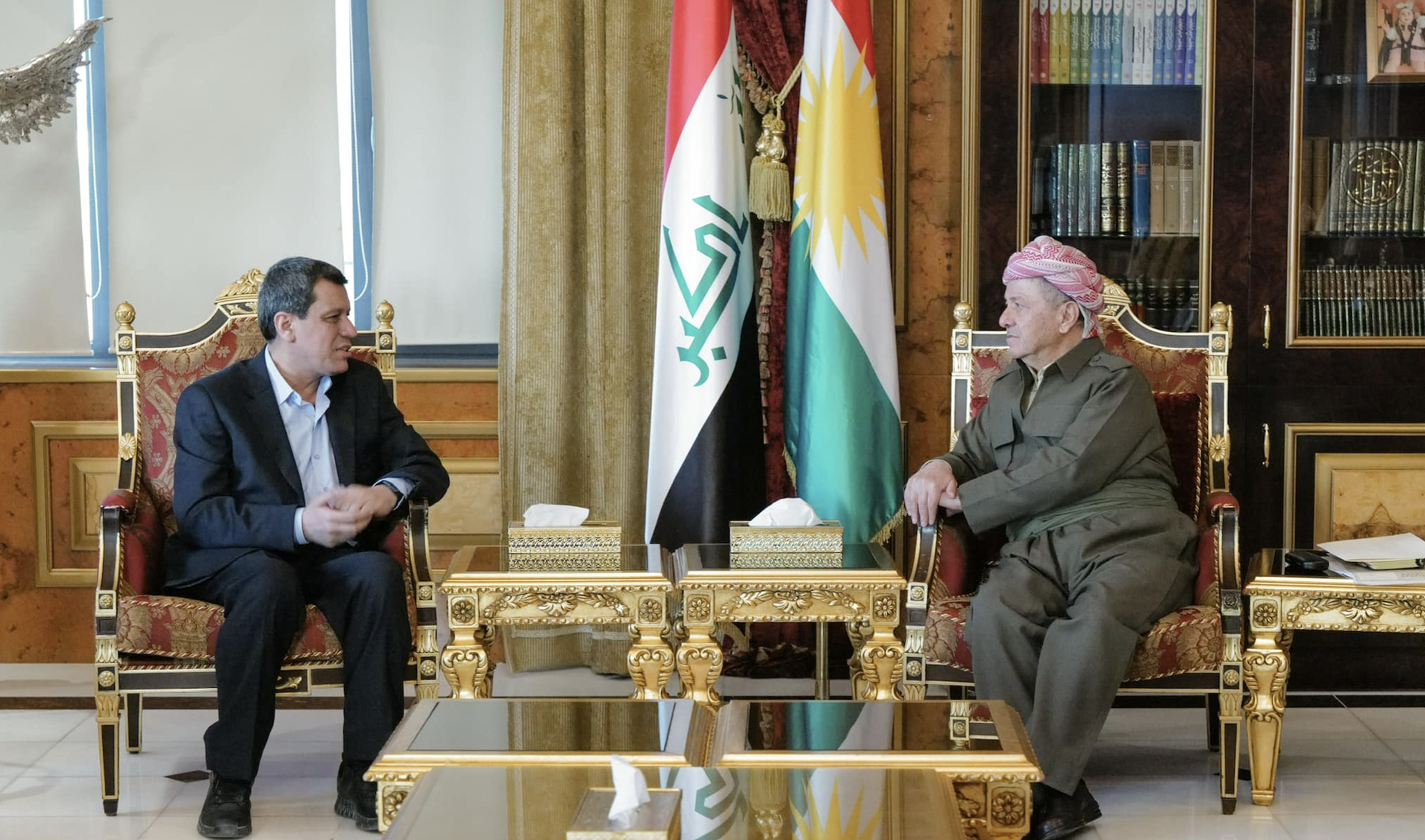
Kurdistan Region’s importance
Following Assad’s fall, Kurdish politicians and academics in Syria began calling for increased support from the Kurdistan Region, hoping that the region would leverage its diplomatic ties and resources to help consolidate Kurdish rights in Syria. SDF leader Mazloum Abdi expressed hope that “the Kurdistan Region would play a greater role in Western Kurdistan (northeastern Syria) to protect our achievements and secure our unity.” Stressing the influential role of President Barzani’s support, he hoped that he could “unite Kurdish political forces and secure Kurdish rights while neutralizing external threats.”
In response, President Barzani’s special representative visited Syria to meet with SDF commander Abdi. Barzani’s representative, Hamid Darbandi, conveyed a message emphasizing the importance of unity among Kurdish parties to address Syria’s evolving challenges. Abdi expressed gratitude for this support, noting that only collective efforts could bring stability to the Kurdish people and Syria as a whole.
Subsequent meetings were held between Syria’s Kurdish political parties, notably the Kurdish National Council in Syria and the Democratic Union Party, a group with ties to the Kurdistan Workers’ Party. These discussions were backed by international powers, including the United States and France, to foster Kurdish unity and negotiate with Syria’s new leadership. The goal was to secure Kurdish rights and influence the drafting of Syria’s future constitution.
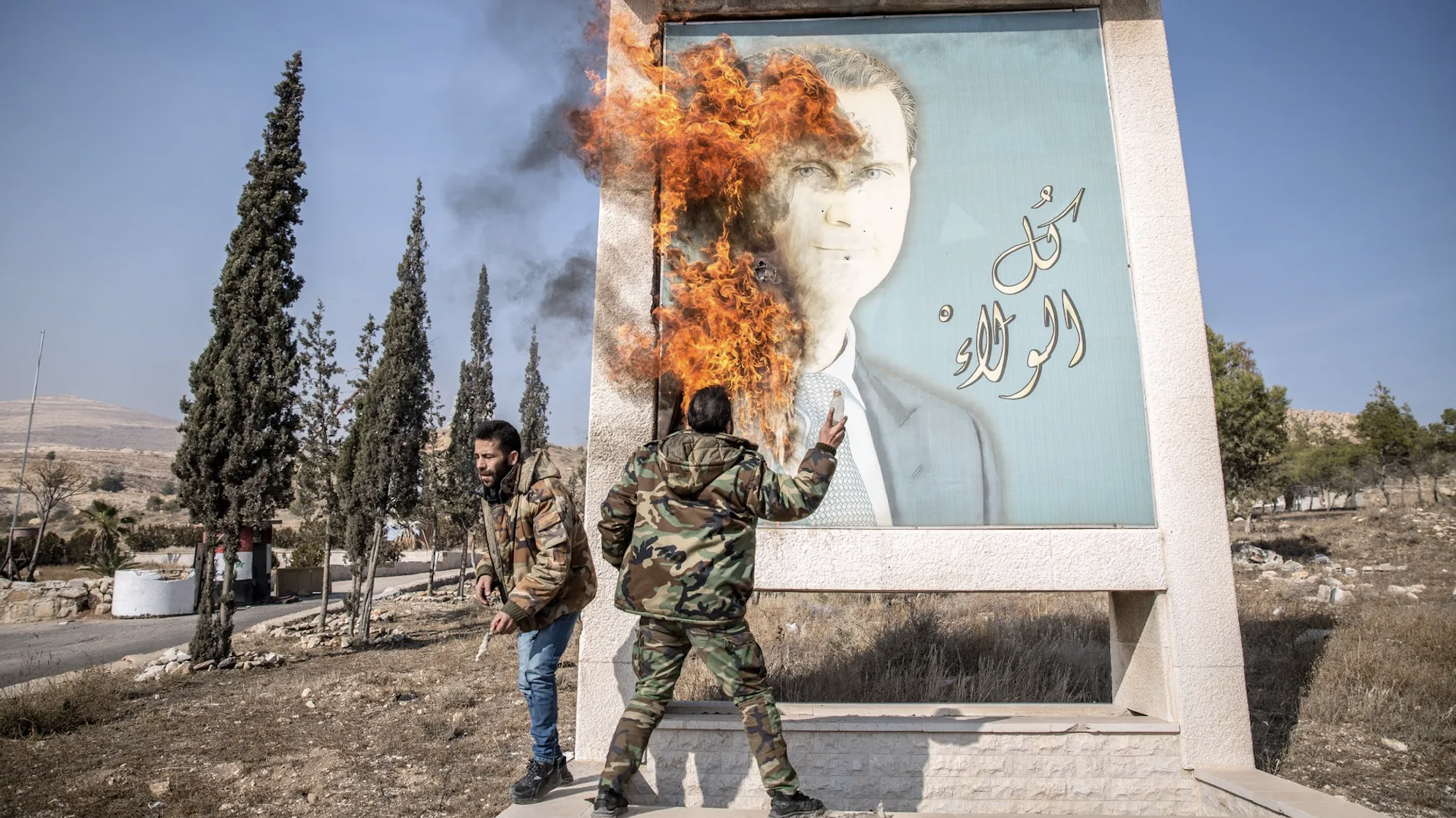
Path forward
In a recent meeting in Erbil, President Masoud Barzani hosted Abdi to discuss the current situation in Syria, including the latest security and political developments. Both leaders reiterated that Syrian Kurds must independently shape their future, free from external interference, and through peaceful means. They also agreed on the necessity of unity among Kurdish political forces to build a strong, stable Syria that could prevent future conflicts and ensure the rights of all communities.
Syrian Kurds are now united in their understanding that only through cooperation and unity can they achieve their long-desired rights. Although certain regional actors perceive the influence of Syrian Kurds as a threat, it is crucial for the Syrian Kurds to strengthen their ties with the Kurdistan Region and foster unity within the evolving political landscape. By emphasizing their positive role in regional stability, they aim to contribute to lasting peace and a secure future for all Syrians.
Shamal Abdulla is a journalist with 18 years of experience in the field. He has held a number of prestigious positions, including news director at Kurdistan 24 and the editor-in-chief of BasNews.
